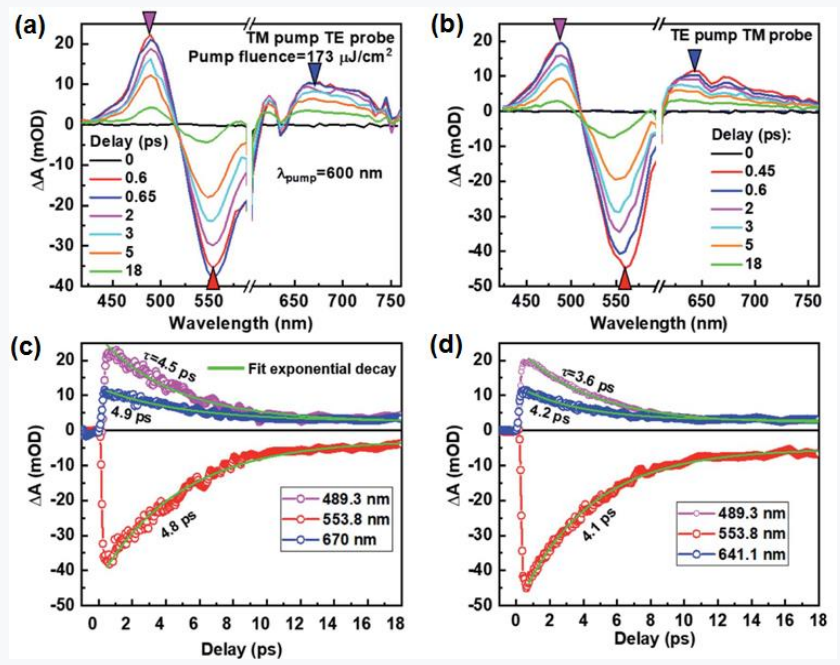Ultrafast Spectroscopy
Ultrafast spectroscopy is a technique that uses ultra short laser pulses to study the structural and dynamic changes of matter on extremely short time scales. This technology can capture the transient changes of substances after being excited by light, thereby revealing their internal physical and chemical processes. The application of industrial ultrafast lasers in ultrafast spectroscopy is mainly reflected in their ability to provide ultra short laser pulses, which is crucial for studying the structure and dynamics of atoms and molecules at extremely short time scales.
The femtosecond pulses generated by the Shenglei Hercules series lasers can be used to pump fluorescent samples, causing fluorescence to be upconverted by optically gated pulses to produce sum frequency radiation. The upconverted light is then subjected to spectral analysis using a monochromator or a PMT spectrometer to obtain fs resolved kinetic information in the UV-VIS and infrared spectral ranges.

Quoted from "Study on the Interaction and Ultrafast Spectroscopy Characteristics of Femtosecond Laser Pulses and Nanostructured Materials", doctoral thesis by Yang Jinghui from Beijing Institute of Technology
Related Products






